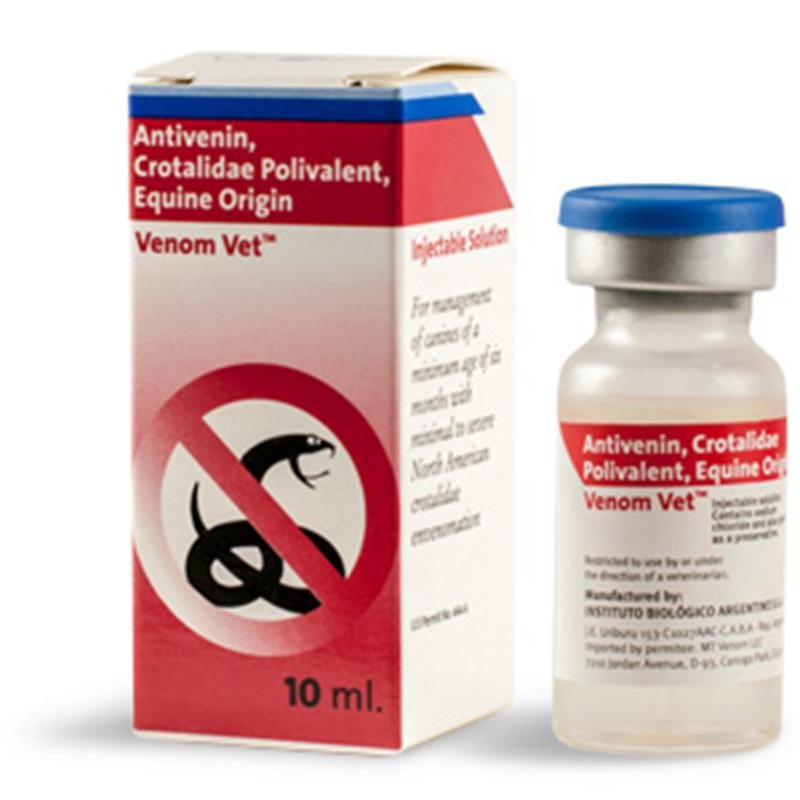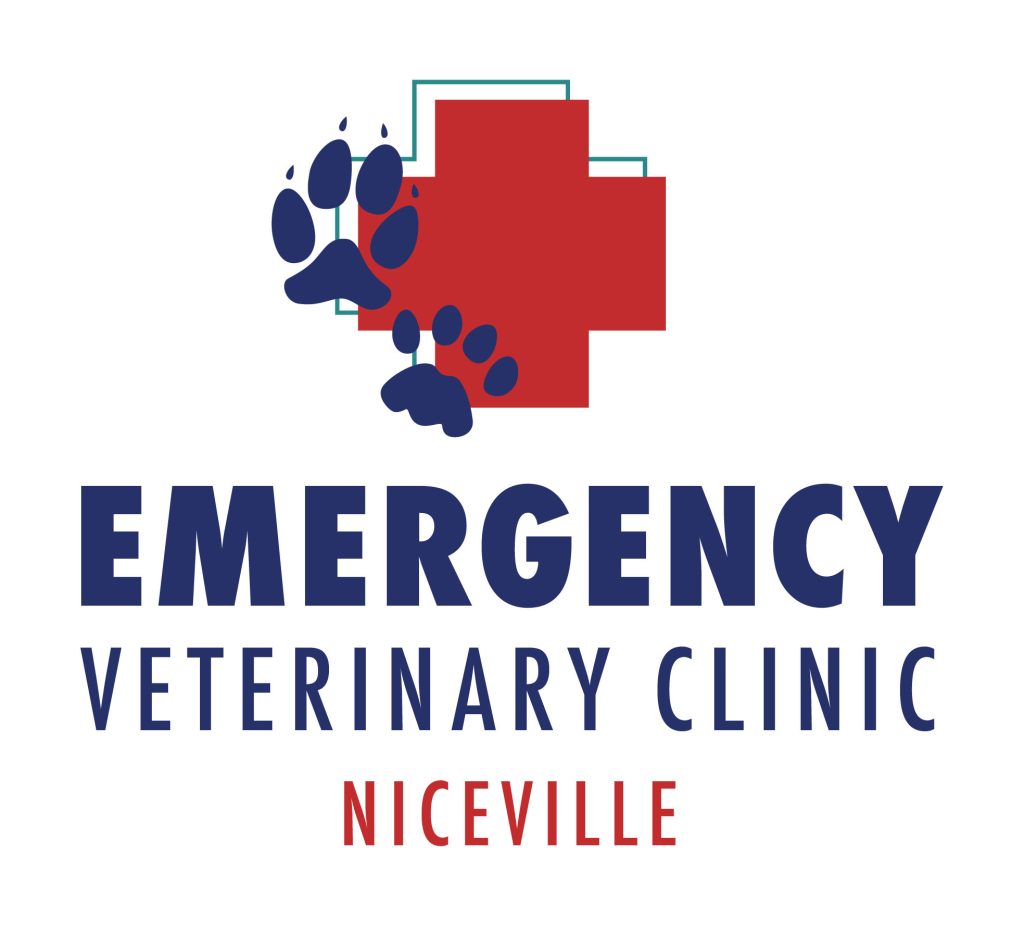Antivenom / Antivenin Antibody Therapy
What kinds of animals might my pet need antivenom for?
In Florida, there are several venomous species for which antivenin/antivenom may be needed in case of bites or stings. Some of the common ones in our area are:
- Snakes: Rattlesnakes (Diamondback, Timber, Pygmy), Cottonmouth or Water Moccasin, and Coral Snakes
- Spiders: Black Widow, Brown Widow, and Brown Recluse Spiders.
- Scorpions: Florida Bark Scorpion and Hentz Striped Scorpion
- Marine Life: Portuguese Man o' War, and various species of jellyfish, such as the Atlantic Sea Nettle and the Box Jellyfish.
What is Antivenin / Antivenom Antibody Therapy?
Antivenom therapy is a medical treatment used to counteract the effects of venomous animal bites or stings. It involves administering antivenom which contains antibodies that specifically target and neutralize the toxins present in the venom.
Venom contains various toxins that can cause a range of symptoms, from local tissue damage to systemic effects such as paralysis, respiratory failure, or even death, depending on the species of animal and the amount of venom injected.
If your pet is bitten or stung by a venomous snake, spider, or scorpion, or gets stung while in the ocean, he or she will need antivenin therapy. Even if non-fatal, being stung or bitten can be quite painful to endure and emergency care is required.

Is your pet having an emergency? Call us immediately!
What are the symptoms of envenomation?
Knowing the signs and symptoms of envenomation, as well as seeking prompt medical attention in case of a bite or sting, can help minimize the potential risks associated with venomous wildlife.
The symptoms of envenomation in dogs can vary depending on the type of venomous animal involved and the amount of venom injected.
Common signs of envenomation in dogs may include:
- Localized Pain and Swelling
- Weakness or lethargy
- Hives or facial swelling
- Difficulty breathing or respiratory distress
- Vomiting and diarrhea
- Drooling or excessive salivation
- Changes in heart rate or rhythm
- Pale gums or mucous membranes
- Collapse or shock-like symptoms
- Neurological signs - tremors, seizures, muscle stiffness (paralysis)
- Restlessness, agitation, or signs of distress
- Anxiety or fearfulness
It's important for dog owners to seek veterinary care immediately if they suspect their dog has been bitten or stung. Prompt diagnosis and treatment are essential for managing envenomation effectively and improving the chances of a positive outcome.
Additionally, attempting to treat envenomation at home without professional veterinary care can be dangerous and may worsen the pet's condition.
HOW DOES ANTIVENOM WORK?
When administered, antibodies in the antivenom bind to the venom toxins present in your pet, which neutralizes the toxins, preventing them from causing further harm. By neutralizing the venom toxins, antivenom therapy helps alleviate symptoms and prevents the progression of venom-induced complications.
It's important to administer antivenom therapy promptly after a venomous bite or sting to maximize its effectiveness. Additionally, proper dosing and monitoring are essential to ensure a positive outcome and minimize the risk of adverse reactions to the antivenom itself.
Depending on the severity of the envenomation and the effectiveness of the antivenom, additional supportive care may be required, such as pain management, respiratory support, or intravenous fluids.

